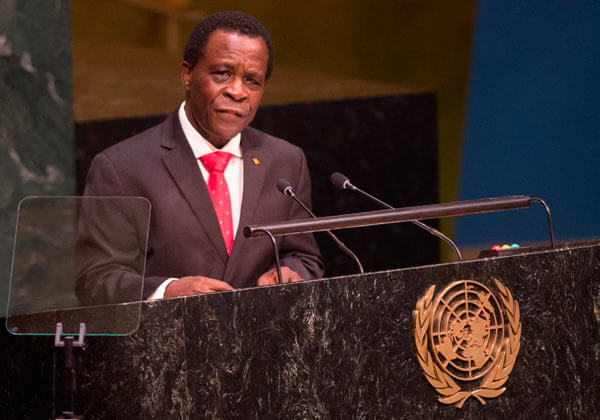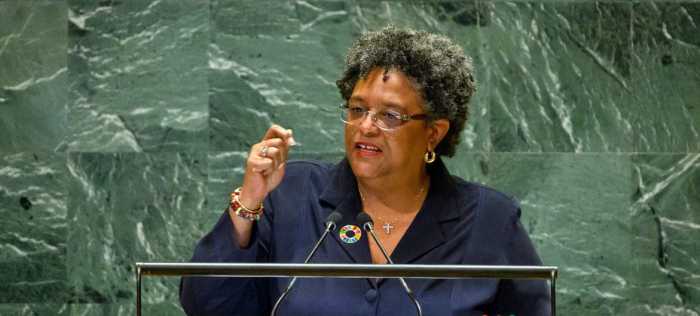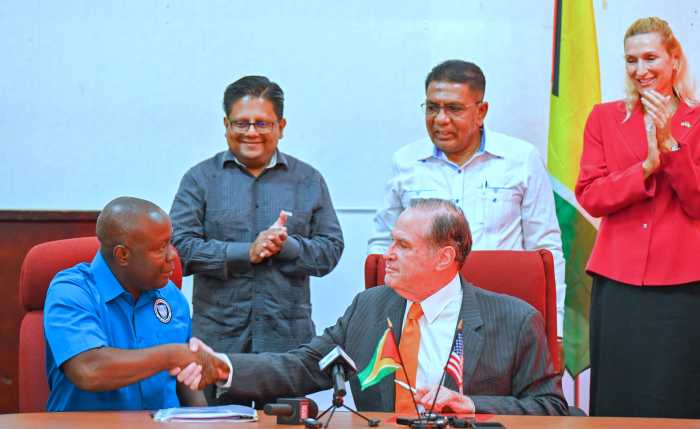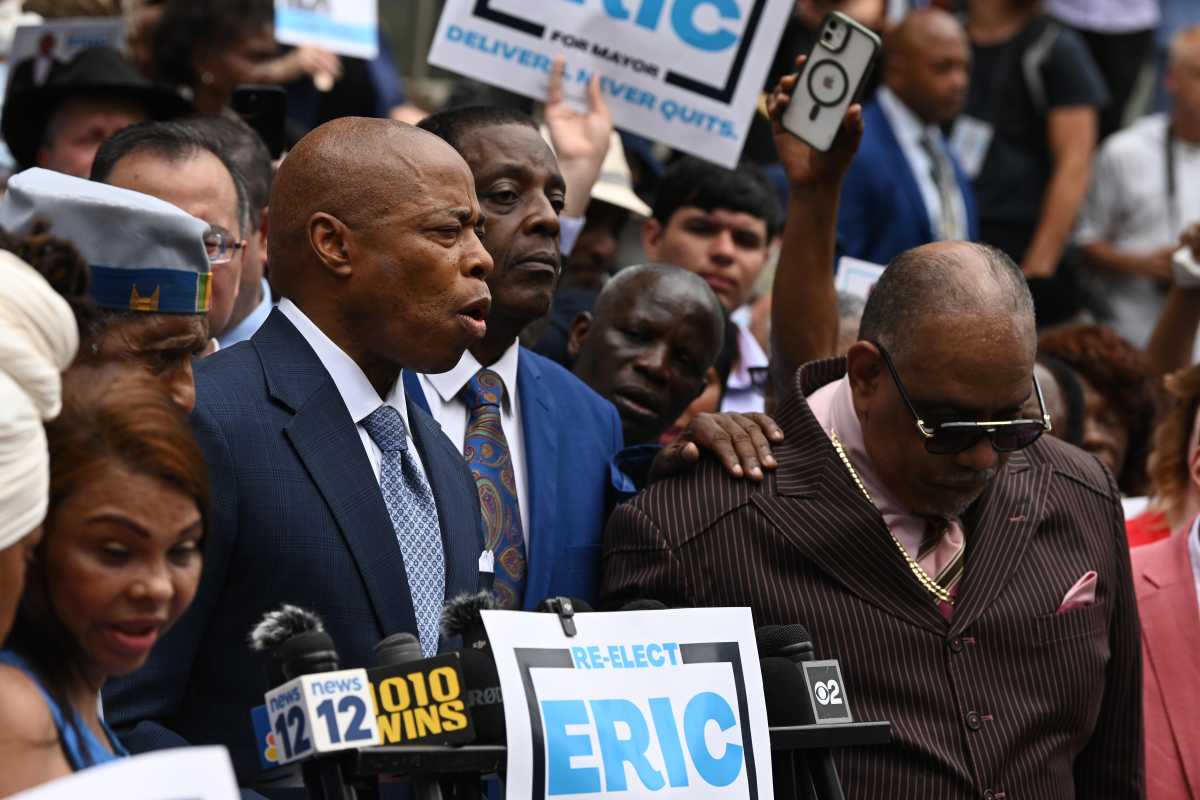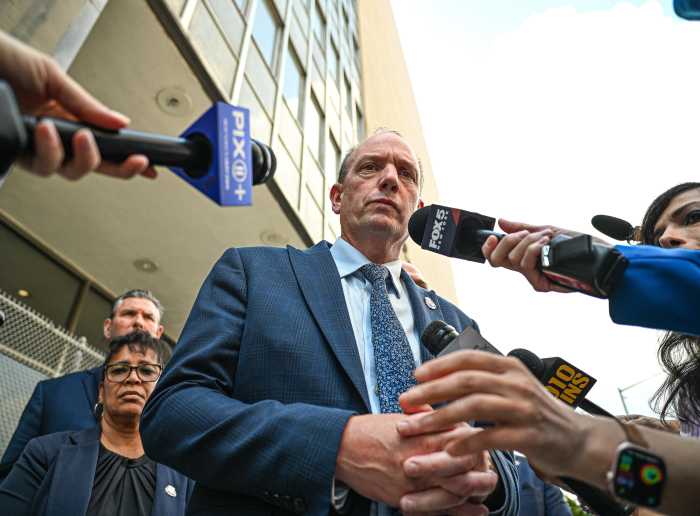Several Caribbean Community leaders are scheduled to head to Washington for a series of meetings next month so the chairman of the 15-nation bloc has said that the time has come to fight agencies such as the World Bank which no longer give concessional loans to a region that is battered by powerful hurricanes and other natural disaster frequently.
Keith Mitchell, also the prime minister of Grenada was speaking this week while on a tour of the Eastern Caribbean island nation of Dominica, which was pulverized by Hurricane Maria earlier this month and which is struggling to cope with the storm’s aftermath despite the rush of aid supplies mostly from its Caribbean neighbors.
Experts say Dominica is perhaps the worst hit of countries ravaged by Hurricanes Irma and Maria in 2017, perhaps even worse off than Puerto Rico and Dutch St. Maarten among others.
In recent years, agencies including the World Bank and the IMF have implemented a system which disqualifies some countries from qualifying for concessional loans and grants if in the view of those agencies that they had done economically well enough to be termed middle income countries. Several bloc member states have been “graduated out” such soft loans and grant schemes, leaving them to fend for development financing from international capital markets and other places they could ill afford.
Going forward, Mitchell whose country was also devastated by Hurricane Ivan back in 2004 this month, said the regional mantra going forward is to make a united case against being graduated as this concept is not only a farce for a region which is so prone to natural disasters ought to be differently categorized.
“We cannot have people tell us that we must be graduated away from concessionary finances when in one stroke we have gone back to zero. Grenada 200 percent of its gross domestic product in three hours. In your case, Dominica, it was five hours. In three hours we were set back to zero. They tell us that we have done well and I don’t know how they define it. It is a farce. We have to call the bluff as it is and we need to have a united platform to send the message powerfully,” he said in the rubble and debris-strewn island of about 72,000.
The region has been railing against this move for most of the past decade with little success. Officials say that a new campaign might be better received now that the world has seen an unusual 2017 storm season that even leveled American colonies like the Virgin Islands and the international media coverage that has resulted.
In the meantime, the Barbados-based Caribbean Disaster Emergency Agency (CDEMA) said Hurricane Erica in 2015 was expensive but the repair tab for Maria would be the mother of all so far for the region, CARICOM countries at least.
“If Erica was in the region of a half-a-billion EC dollars, this is going to be multiple times that. The entire agricultural sector is down, the tourism sector took a significant impact and those are two primary areas of the economy of Dominica. The infrastructure itself is going to have to be rebuilt and hardened,” said Director Ronald Jackson.
But even as all the focus is on Dominica, helping Antigua to absorb and comfort around 1,500 evacuated citizens of devastated Barbuda, the region is being urged to remember that Cuba was also pulverized by the storm and is in dire need of help.
“Sometimes I believe we forget Cuba. The cabinet members insisted that the aid we give the region we must give the same amount to Cuba also. Cuba was there for all of us. They were responsible for bringing back my electricity system. Every time we have had a problem, Cuba has been the number one participant in our recovery and in our support. We must concern ourselves with what is taking place in our sister country Cuba,” Mitchell said.
So far, reports from Dominica indicate that more than 25 people were killed while dozens of others also succumbed in other islands affected by the two mega storms of the 2017 season.


